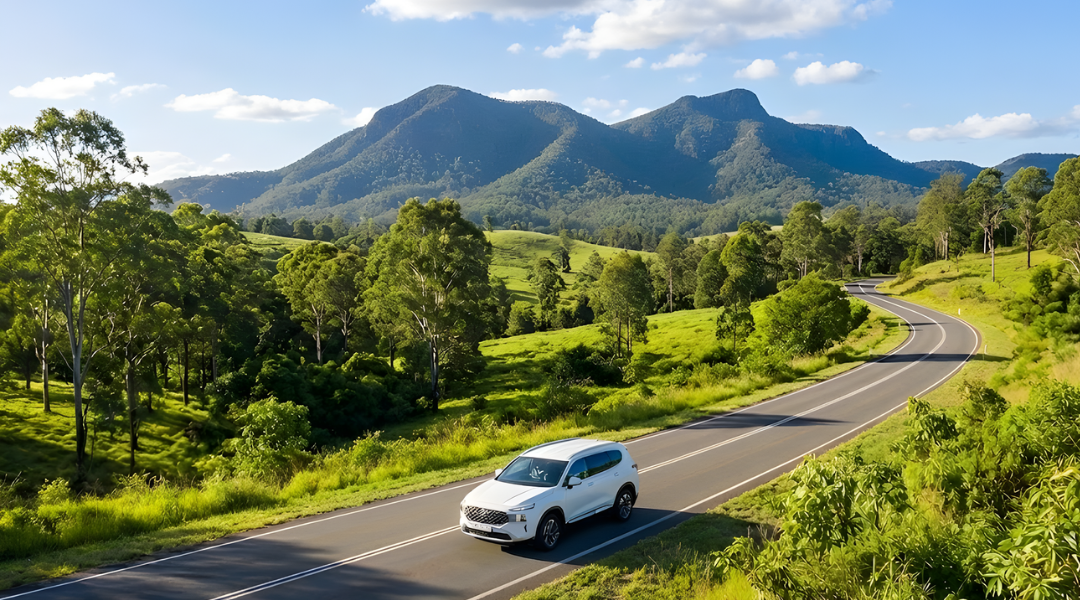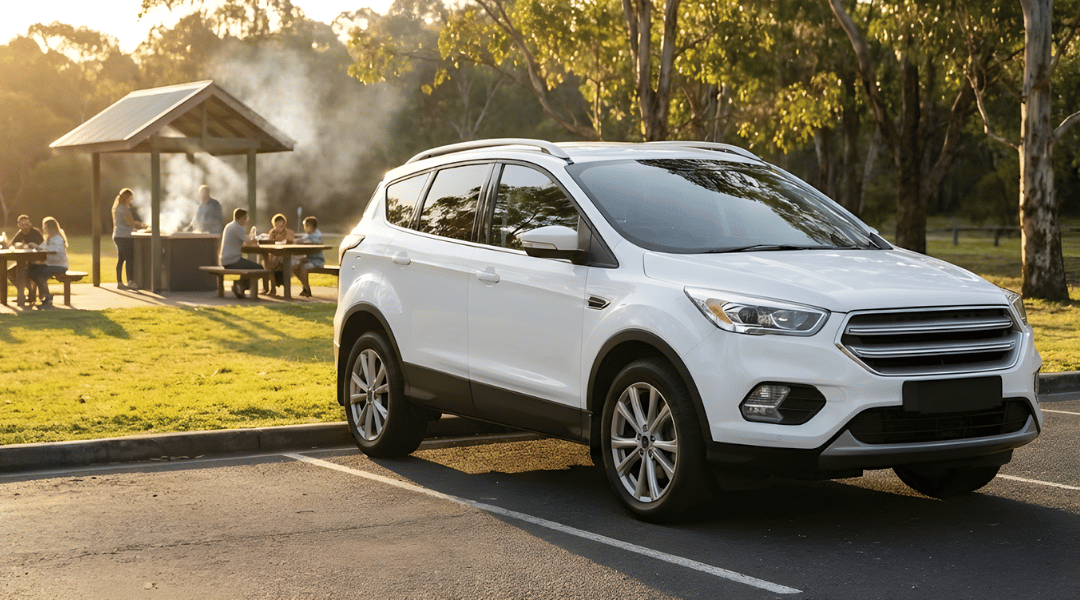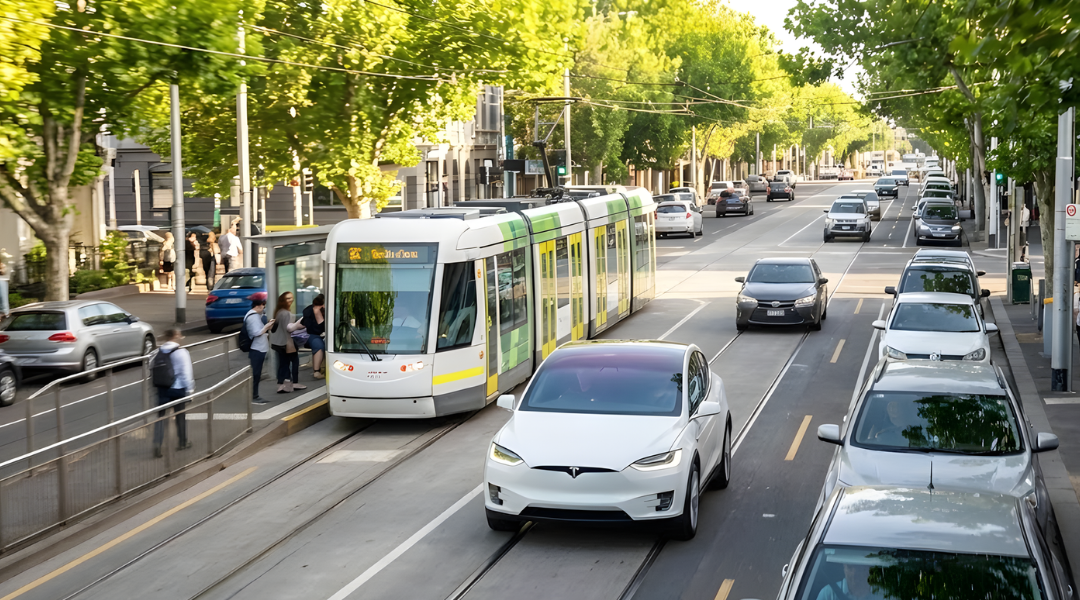Renting a car in Sydney can be a convenient and enjoyable way to explore the city and its surrounding areas. However, it’s important to understand the local road rules and etiquette to ensure a safe and hassle-free experience.
This guide will provide you with essential information on Australian road rules, booking your rental car, and picking up and dropping off your vehicle. By following these tips, you can confidently navigate Sydney’s roads and make the most of your trip.
Understanding Australian Road Rules
Before hitting the road in Sydney, it’s essential to familiarize yourself with Australian road rules and regulations. Here are some key points to remember:
- Driving on the Left: In Australia, vehicles drive on the left side of the road. This can take some getting used to, so be extra cautious when driving.
- Speed Limits: Adhere to posted speed limits, which are typically displayed in kilometres per hour (km/h). Speed limits vary depending on the road type and location.
- Seat Belts: All passengers must wear seat belts, including in the back seat. Seat belts are mandatory in Australia and can help prevent injuries in the event of an accident.
- Alcohol Limits: Australia has strict alcohol limits for driving. It’s illegal to drive with a blood alcohol concentration (BAC) above 0.05%. If you plan on drinking alcohol, it’s best to avoid driving altogether or use public transportation.
- Roundabouts: Roundabouts are common in Australia. When approaching a roundabout, give way to vehicles already in the roundabout. Yield to the right, and enter the roundabout in a clockwise direction.
- Road Signs and Signals: Pay attention to road signs and traffic signals. Australia uses standard road signs and signals that are similar to those used in other countries.
Booking Your Rental Car in Advance
Booking your rental car in advance offers several benefits:
- Availability: Ensure you have a car ready for your trip, especially during peak seasons when availability can be limited.
- Best Rates: Secure competitive rates by booking early, as prices may increase closer to your travel dates.
- Pre-Select Options: Choose your preferred car type, insurance coverage, and additional features in advance, saving you time at the rental counter.
Factors to Consider When Booking:
- Car Type: Select a car that suits your needs and group size. Consider factors like luggage space, fuel efficiency, and driving conditions.
- Insurance: Understand the different insurance options available and choose the coverage that best suits your needs. Consider factors such as collision damage waiver (CDW) and theft protection.
- Pickup and Drop-off Locations: Choose convenient locations for picking up and dropping off your rental car. Consider the proximity to your accommodation or airport.
- Additional Features: Consider adding options like GPS navigation, child seats, or roof racks if needed.
Picking Up and Dropping Off Your Rental Car
- Inspect the Vehicle: Thoroughly inspect the rental car for any pre-existing damage before driving off. Document any damage and report it to the rental company to avoid any misunderstandings later.
- Fuel Policy: Understand the fuel policy and return the car with a full tank of fuel to avoid additional charges. Some rental companies may offer a pre-paid fuel option for convenience.
- Drop-Off Procedures: Follow the rental company’s guidelines for dropping off the car. Ensure all belongings are removed from the vehicle and that it is parked in the designated area.
Navigating Sydney Traffic: A Guide
Traffic Patterns and Peak Hours
Sydney’s traffic can be heavy, especially during peak hours. Here are some tips for navigating the city’s roads:
- Peak Hours: Avoid driving during peak hours (7-9 AM and 4-6 PM) if possible, as traffic congestion can be significant.
- Public Transportation: Consider using public transportation, such as trains or buses, during peak hours to avoid traffic.
- Traffic Apps: Use traffic apps like Google Maps or Waze to monitor traffic conditions and find the best routes.
- Alternative Routes: Be prepared to use alternative routes during peak hours to avoid traffic congestion.
Toll Roads
Sydney has several toll roads, including the M2, M4, M5, and NorthConnex. If you’re using a toll road, be prepared to pay the toll. You can either use cash or an electronic toll collection (ETC) tag.
- ETC Tags: Consider getting an ETC tag if you’ll be using toll roads frequently. This will allow you to pass through toll gates without stopping.
- Cash Tolls: If you don’t have an ETC tag, you can pay cash at toll gates. However, be prepared for traffic delays during peak hours.
Parking in Sydney
Parking can be challenging in Sydney, especially in the city centre. Here are some tips for finding parking:
- Paid Parking: Look for paid parking garages or street parking meters. The cost of parking will vary depending on the location and time of day.
- Free Parking: Some areas may offer free parking, but availability can be limited. Check for signs indicating free parking zones.
- Public Transportation: Consider using public transportation to avoid parking hassles, especially in busy areas.
Fuel Etiquette
- Self-Service: Most gas stations in Australia are self-service. You can pay at the pump using a credit or debit card.
- Full Tank: It’s generally a good practice to return the rental car with a full tank of fuel to avoid additional charges.
- Fuel Prices: Fuel prices can vary, so it’s a good idea to compare prices at different stations.
Driving in Sydney: Cultural Considerations
- Courtesy: Australian drivers are generally polite and courteous on the road. Be mindful of other drivers and pedestrians, and avoid aggressive driving.
- Roundabouts: Roundabouts are common in Australia. Give way to vehicles already in the roundabout and enter in a clockwise direction.
- Lane Discipline: Stay in your lane and avoid changing lanes unnecessarily, especially on highways and busy roads.
- Speed Limits: Adhere to posted speed limits, which are typically displayed in kilometres per hour (km/h). Speed limits vary depending on the road type and location.
- Horn Use: Use your horn sparingly and only when necessary to alert other drivers. Excessive horn use can be considered rude.
Toll Roads
Sydney has several toll roads, including the M2, M4, M5, and NorthConnex. Here’s what you need to know about toll roads:
- Electronic Toll Collection (ETC): Consider getting an ETC tag if you’ll be using toll roads frequently. This will allow you to pass through toll gates without stopping.
- Cash Tolls: If you don’t have an ETC tag, you can pay cash at toll gates. However, be prepared for traffic delays during peak hours.
- Toll Road Networks: Some toll roads are part of a network, which means you may be charged multiple tolls for a single journey. Check the toll road operator’s website for more information.
Car Care and Maintenance
- Check Fluids: Regularly check your car’s fluids, including oil, coolant, and brake fluid. These fluids are essential for the proper functioning of your vehicle.
- Tire Pressure: Ensure your tires are properly inflated. Underinflated tyres can lead to premature wear and tear, reduced fuel efficiency, and increased risk of a blowout.
- Maintenance: Follow the manufacturer’s recommended maintenance schedule for your rental car. This may include regular oil changes, tyre rotations, and brake inspections.
- Fuel Efficiency: Drive defensively and avoid aggressive driving to improve fuel efficiency. This can help you save money on fuel costs.
Insurance and Roadside Assistance
Rental Car Insurance
- Included Coverage: Understand the insurance coverage included in your rental car agreement. This may include collision damage waiver (CDW), theft protection, and liability insurance.
- Additional Coverage: Consider purchasing additional insurance if needed. This may include excess reduction coverage, which reduces your out-of-pocket expenses in case of an accident.
- Insurance Claims: In case of an accident or breakdown, follow the rental company’s procedures for filing an insurance claim. Be sure to gather all necessary information, such as police reports and witness statements.
Roadside Assistance
- Included in Rental Package: Many rental car companies include roadside assistance in their rental packages. This typically covers services such as towing, battery jump-starts, and tyre changes.
- Additional Coverage: If roadside assistance is not included in your rental package, consider purchasing additional coverage. This can provide you with peace of mind in case of unexpected breakdowns or emergencies.
Dealing with Traffic Fines and Violations
- Traffic Fines: If you receive a traffic fine, carefully read the instructions on the ticket and follow the specified procedures. You may have the option to pay the fine online, by mail, or in person.
- Contesting a Fine: If you believe the traffic fine is unfair or unjustified, you may have the right to contest it. Follow the instructions on the ticket or contact the relevant authorities for more information.
- Driving License: If you receive a traffic violation that could result in points being added to your driving license, you may need to contact the relevant authorities. This could affect your insurance premiums and driving privileges.
By understanding the insurance and roadside assistance options available, as well as the procedures for dealing with traffic fines and violations, you can be prepared for any unexpected situations that may arise during your car rental experience in Sydney.
Returning Your Rental Car
Before returning your rental car, it’s important to inspect the vehicle thoroughly and ensure it is in the same condition as when you picked it up. This will help you avoid any additional charges for damage.
Here’s a checklist to ensure a smooth return:
- Exterior Inspection: Check the exterior of the car for any scratches, dents, or other damage. Take photos to document any existing damage.
- Interior Inspection: Inspect the interior of the car for any stains, spills, or missing items.
- Mileage: Verify the mileage on the odometer to ensure it matches the mileage on your rental agreement.
- Fuel Level: Ensure the car has a full tank of fuel to avoid additional refuelling charges.
- Return Keys and Paperwork: Return the car keys and any necessary paperwork to the rental company.
Follow the rental company’s guidelines for dropping off the car. This may involve parking the car in a designated area or returning the keys to a rental agent.
Conclusion
By following these tips, you can navigate Sydney’s roads safely and confidently. Enjoy your trip to Sydney and explore all that this vibrant city has to offer.
Rent a Car from Alpha Car Hire Sydney
Need a car to explore Sydney? Alpha Car Hire offers reliable and affordable car rental options.
[/vc_column_text][/vc_column][/vc_row][vc_row css=”.vc_custom_1727246131169{padding-top: 40px !important;}”][vc_column][vc_raw_html]JTVCcG9kcyUyMG5hbWUlM0QlMjJjYXJfaGlyZV9sb2NhdGlvbnMlMjIlNUQlN0IlNDBjYXJfaGlyZV9sb2NhdGlvbnMlN0QlNUIlMkZwb2RzJTVE[/vc_raw_html][/vc_column][/vc_row]




